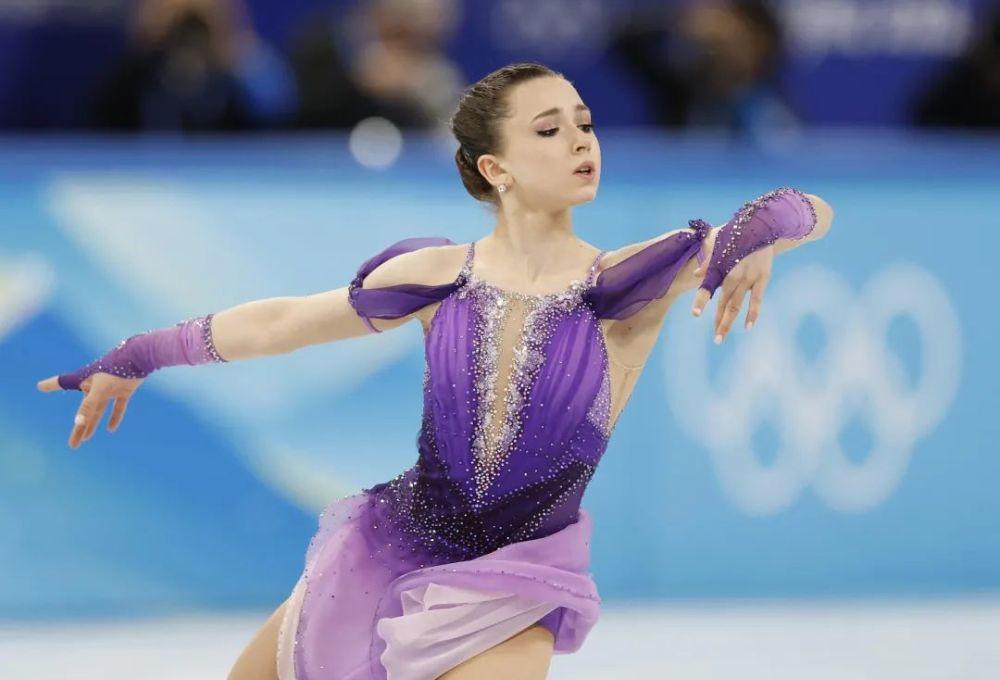The International Testing Agency, which tests athletes for illicit drugs, confirmed that Russian female figure skater Camilla Vallieva failed a drug test last December.

Vallieva competed in the women's singles short program of the Figure Skating Team Competition at the Winter Olympics
Camilla Vallieva, who is only 15 years old this year, is affectionately known as "K Treasure" by ice fans. She is another superstar in the Russian figure skating industry in recent years, and she is the favorite to win this year's Winter Olympics. In the figure skating team competition that ended earlier, Vallieva successfully completed the four-week jump, becoming the first female athlete to complete the four-week jump at the Winter Olympics.
However, the award ceremony for the figure skating team competition was not held on time. At that time, there were rumors that some Russian athletes failed to pass the drug test. Later, the Russian media successively reported that Vallieva did not pass the drug test, and the illegal drug detected in the sample was trimetazidine. Trimetazide, also known as Wanshuangli, is an anti-angina cardiovascular drug. It is able to help maintain energy metabolism in the heart and neurosensory organs in the event of ischemia and hypoxia.
The drug was not on the list of banned drugs in 2013. In 2014, it suddenly appeared on the banned list, classified in the category of "S6. stimulants", which are banned drugs within the competition. China's Olympic champion Sun Yang was once found to have taken trimetazide before the 2014 Asian Games and was banned by the Chinese Swimming Association for three months. By 2015, it had been reclassified from the "S6. Stimulants" are classified as "S4. hormones and metabolic regulators". S4 drugs are drugs that are banned at all times (in-game and out-of-game). According to the newly released list of anti-doping agents in 2022, trimetazim belongs to the category of "hormone and metabolic regulators" .
Beijing, February 10, 2022, Figure skating women's single free skating at the 2022 Beijing Winter Olympics, Kamila Vallieva training and preparing
According to foreign media reports, Valieva participated in the test last Christmas. Samples were sent to Stockholm for testing. As a result, after Valieva helped Russia win the Team Olympics championship on February 7, her test results were reported before the award ceremony on February 8. The values of trimetazil found in Vallieva's sample were only trace excesses.
The Russian anti-doping group first suspended Valieva temporarily, and then on February 9 decided to lift Valieva's ban so that she could continue to participate in the Beijing Winter Olympics. However, the IOC is appealing the matter.
Since Camilla is under 16 years of age and falls under the "protected age range", only minor penalties may be imposed. However, the adults around them will be severely punished.
According to the plan, Vallieva will also participate in the figure skating women's singles competition of the Winter Olympics that starts on February 15. The Court of Arbitration for Sport will hold a hearing before the start of the match.